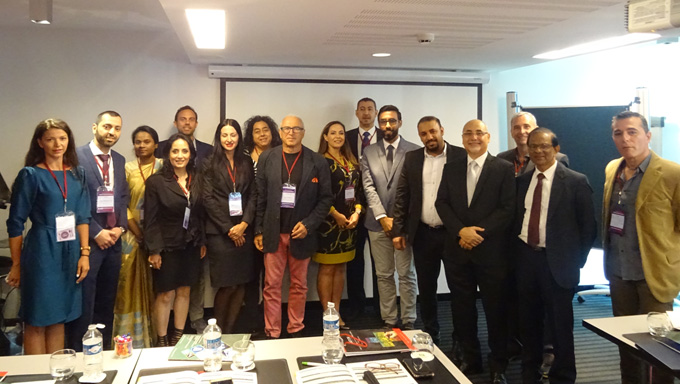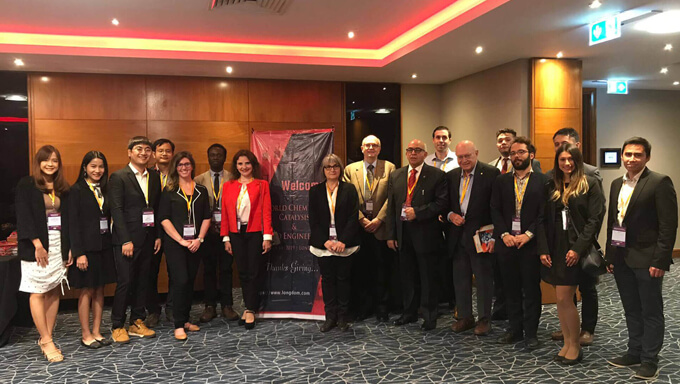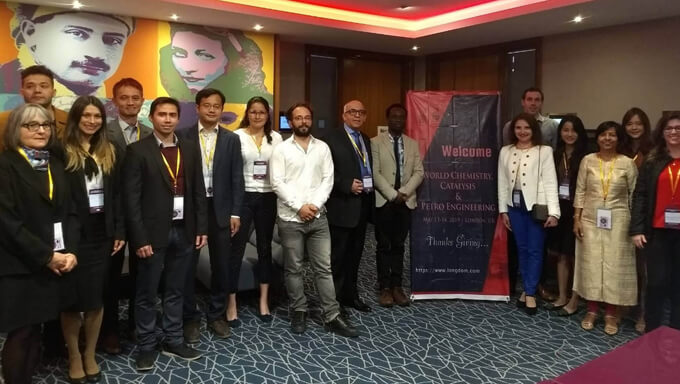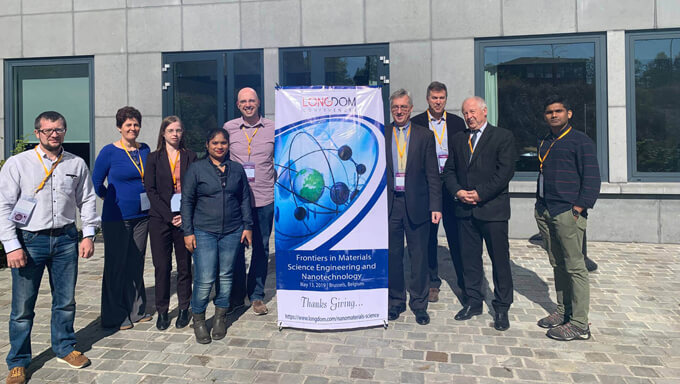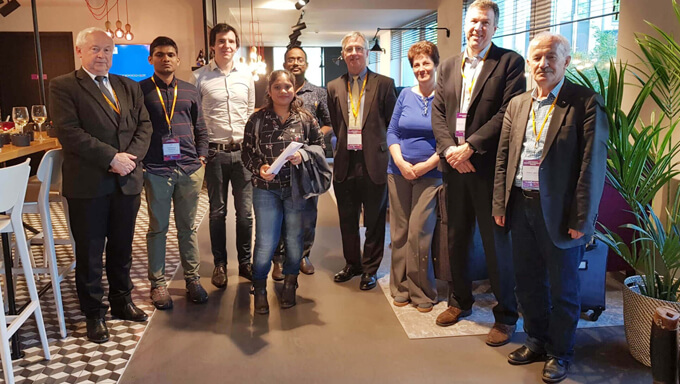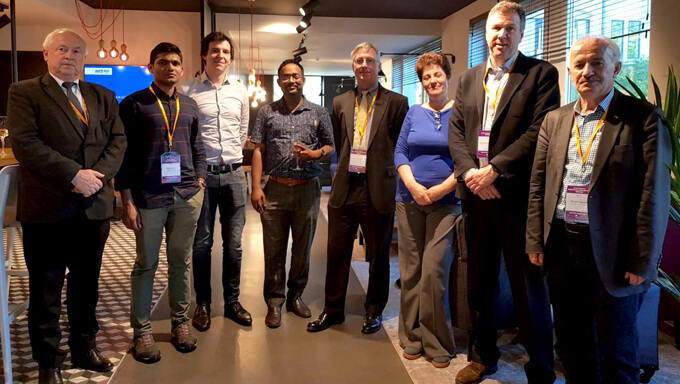Ethical Hacking and Countermeasures include discussions around the growing underground economy, advanced threats, ransom ware, cyber-weapons, new classes of vulnerabilities, exploitation techniques, reverse engineering, and how to combat these problems. The second track, Ethical Hacking and Countermeasures, is technically advanced and will include live demos and code dissection.
